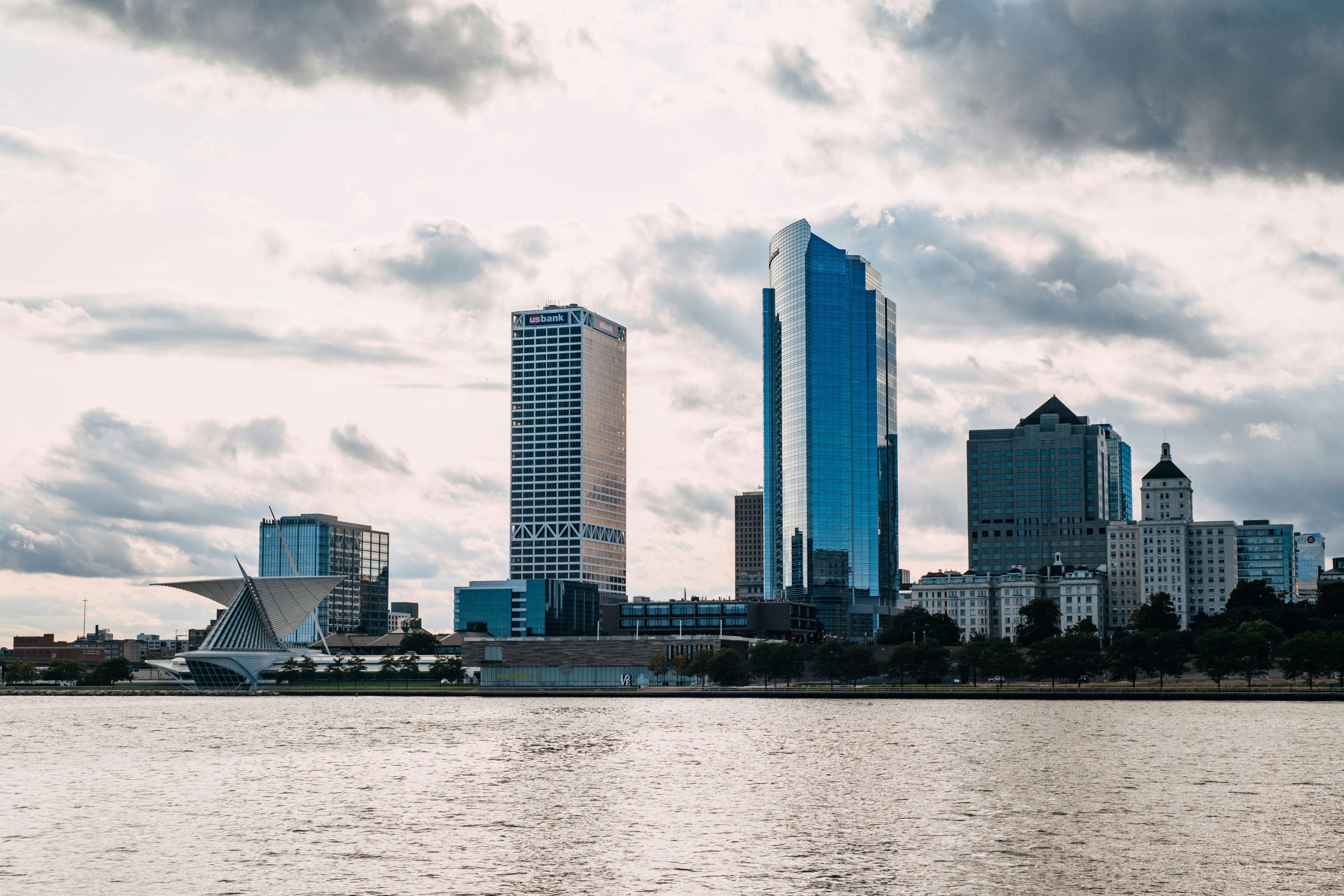The fight over the Brazil online gambling tax is getting louder. Lawmakers in Brazil have proposed doubling the rate on online gaming revenue from 12% to 24%, saying it’s time the booming sector gave more back to society. The plan would split the extra money between social security, health, culture, and sports.
Supporters of the proposal call it a fair adjustment. Critics see it as a blow to a young, growing market that’s only just finding its footing. Either way, it shows how quickly the conversation around online gaming has changed in Brazil. Not long ago, the focus was on regulation and licensing. Now the question is how much the government should take.
Brazil’s Growth Story
Over the past few years, Brazil has become one of the biggest online gambling markets in the world. Sports betting apps, live casinos, and lottery-style games have gone mainstream, driven by cheap smartphones and faster internet. It’s a huge success story, and one reason the Brazil online gambling tax is back in the spotlight.
But rapid growth comes with complications. Lawmakers say the industry’s success brings social risks and that higher taxes can help offset those effects. For operators, though, the numbers don’t look as simple. A 24% cut from revenue could make promotions harder to sustain, limit advertising, and squeeze margins, especially for smaller or regional brands.
Industry Jitters
Many operators say they understand the need for oversight but worry that steep tax hikes could have the opposite effect of what’s intended. If regulated play becomes less attractive, players might move to offshore sites where there’s little protection and no tax revenue at all.
It’s a tricky balance. Countries like Colombia and Mexico have already shown that steady, predictable tax systems encourage compliance and investment. Brazil, by contrast, has shifted its approach several times in just a few years. For investors and operators, that uncertainty can be just as challenging as the tax itself.
Localisation Still the Key
While policymakers argue over percentages, the industry is focusing on the player experience. Vivo Gaming recently launched a new Spanish-language live casino suite built specifically for Latin American audiences. It features native-speaking dealers, localised presentation, and 24-hour Spanish-language support.
Moves like this are shaping what the next stage of iGaming in the region looks like. Players in Latin America want familiarity and trust, and that often starts with language and culture. When an operator feels local, users tend to stay, even when market conditions change.
What’s Next for Brazil and LATAM
Whether the new tax proposal passes or not, it’s clear that the region’s gaming boom isn’t slowing down, analysts expect Latin America’s iGaming market to keep expanding over the next decade, led by Brazil, Mexico, and Colombia. But sustaining that growth will depend on finding middle ground, regulation that’s strong enough to protect players but flexible enough to keep investment flowing.
If Brazil handles the next few months carefully, it could set a precedent for other countries. If not, it risks pushing players and operators toward less regulated alternatives, undoing years of progress.
Final Thoughts
The debate over the Brazil online gambling tax isn’t just about numbers. It’s about the kind of market Brazil wants to build and what lessons its neighbours might take from it. The region’s momentum is undeniable, and companies that continue to localise and invest in player experience, like those introducing Spanish-language suites and regionally trained dealers, will likely remain at the heart of Latin America’s next gaming chapter.








